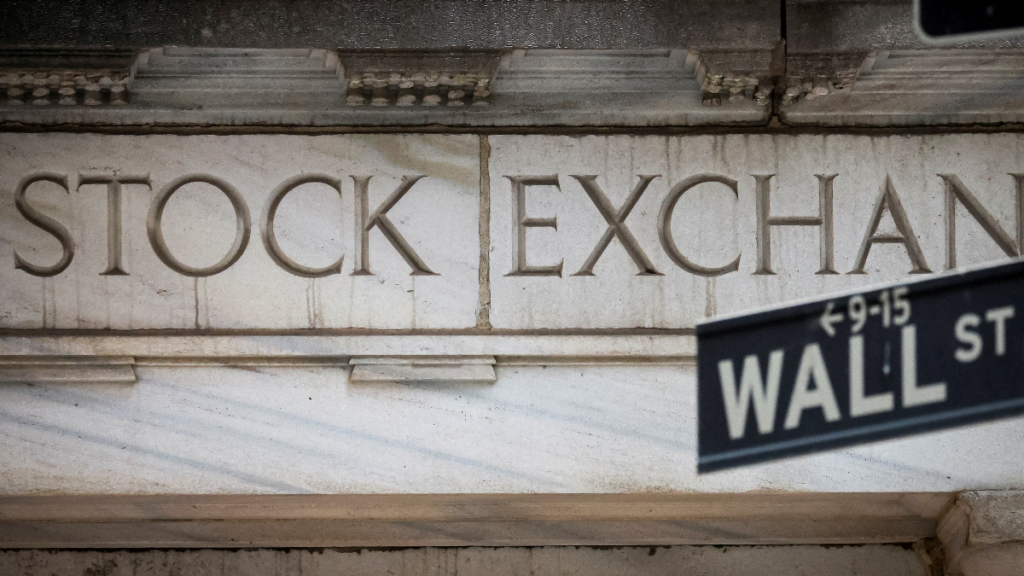
Wall Street’s main indexes fell more than 1% on Friday as a surge in consumer spending and inflation in January sparked concerns that the Federal Reserve will stick to its hawkish stance for longer.
The personal consumption expenditures (PCE) price index, the Fed’s preferred gauge of inflation, shot up 0.6% last month after gaining 0.2% in December.
In the 12 months through January, the PCE index accelerated 5.4% after rising 5.3% in December.
“This PCE number, which to me is a vital number, clearly suggests that the Fed has more to do. Now you’re looking at probably half of 1% rise in March,” said Phil Blancato, chief executive officer at Ladenburg Thalmann Asset Management in New York.
“In other words, what this means is the Fed is not done, further pressure on yields to push higher, the battle against inflation has not yet won, and volatility for the stock market.”
Consumer spending, which accounts for more than two-thirds of U.S. economic activity, jumped 1.8% last month, the Commerce Department said. Economists polled by Reuters had forecast a 1.3% growth.
The three major U.S. indexes are on track for weekly losses despite a modest rebound on Thursday, with the blue-chip Dow set for a fourth consecutive week of declines.
After a strong January, equity markets have retreated this month as a slew of economic data fed into worries that the U.S. central bank might have to keep interest rates higher for longer amid signs of sticky inflation and a resilient labor market.
Traders of futures tied to the Fed’s policy rate added to bets that the U.S. central bank will raise rates at least three more times this year, with the peak rate seen in the range of 5.25%-5.5% by June.
At 9:33 a.m. ET, the Dow Jones Industrial Average was down 350.29 points, or 1.06%, at 32,803.62, the S&P 500 was down 48.59 points, or 1.21%, at 3,963.73, and the Nasdaq Composite was down 176.97 points, or 1.53%, at 11,413.43.
All the 11 major S&P sectors fell in early trading, with technology and consumer discretionary leading losses.
Megacap stocks including Tesla Inc, Amazon.com Inc and Nvidia Corp slid in the range of 1.2% and 2.5% as the yield on the benchmark U.S. 10-year Treasury notes rose.
Separately, January home sales data and the University of Michigan’s final reading of consumer sentiment for February are due later in the day.
Boeing Co slid 3.8% after the Federal Aviation Administration said the planemaker temporarily halted deliveries of its 787 Dreamliner jets.
Warner Bros Discovery Inc fell 2.3% after reporting a greater-than-expected quarterly loss due to one-off charges related to Warner Bros-Discovery merger.
Block Inc rose 3.4% after the payments firm said it is slowing the pace of hiring this year to control costs and gave an upbeat forecast for a key profit metric.
Declining issues outnumbered advancers for a 9.10-to-1 ratio on the NYSE and 5.60-to-1 ratio on the Nasdaq.
The S&P index recorded no new 52-week highs and three new lows, while the Nasdaq recorded eight new highs and 47 new lows.
(Reuters)
Inside Telecom provides you with an extensive list of content covering all aspects of the Tech industry. Keep an eye on our News section to stay informed and updated with our daily articles.